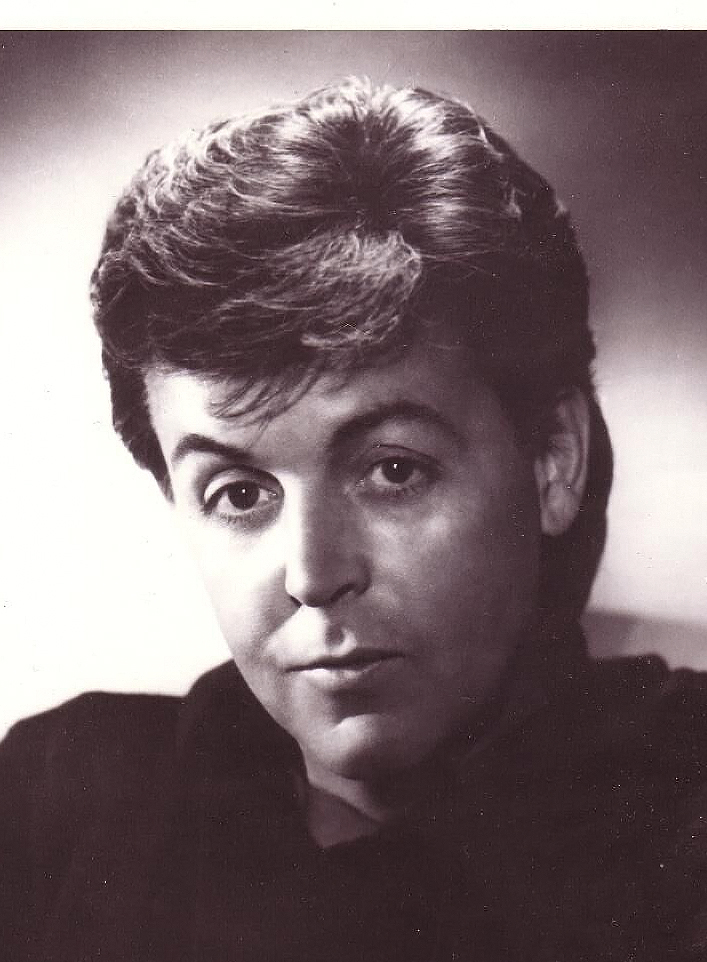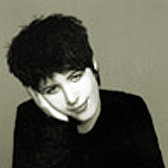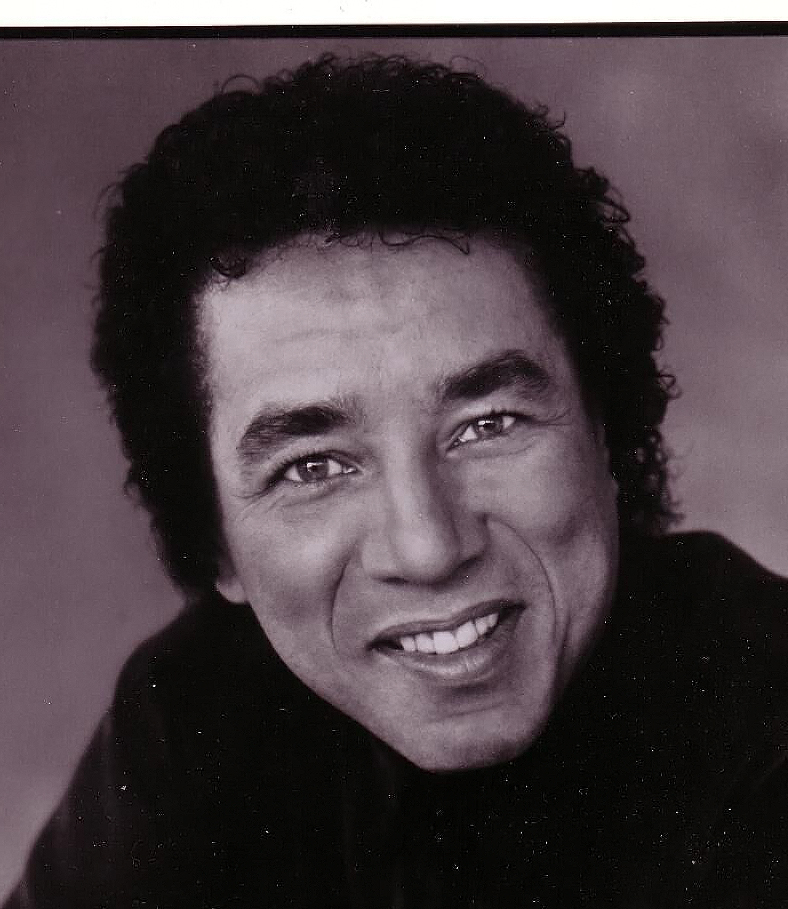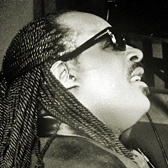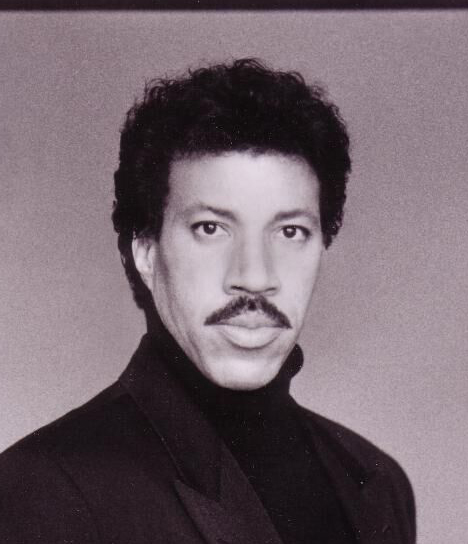
From Commodores lead to global solo sensation, a spectacular 50-year career
Lionel Richie
InducteeCo-writer of landmark "We Are The World" with Michael Jackson
* Lionel Richie was also the 2016 recipient of The Johnny Mercer Award, the SHOF’s highest honor
Propelled by his immensely productive songwriting skills along with his dynamic performing style, Lionel Richie has reached a series of dazzling artistic heights, setting new standards in his craft and in the industry.
Born in 1949 in Tuskegee Institute, Alabama (home to Tuskegee University), Richie's start in the music business came by accident. While it's true that his grandmother's piano lessons instilled in him the basics of music, the turning point came in the early 1970's during his freshman year at Tuskegee University, when five classmates asked him to join a band they were forming known as The Mystics.
The group later became The Commodores for whom Richie wrote some of his most enduring songs including "Still," "Sail On," "Easy" and the group's first number one hit, "Three Times a Lady," which earned a 1979 American Music Award and a People's Choice Award.
A string of Richie-penned songs took The Commodores to heights they'd never imagined, and at the dawn of the '80's, following the continued chart-topping successes of The Commodores, Richie began getting requests from other artists for their own album projects. In the fall of 1980, country-pop star, Kenny Rogers, was one of those who asked and Richie obliged with the song, "Lady," which spent six weeks at number one on the charts and remains one of Rogers' most requested songs.
While producing an album for Rogers and simultaneously working on a new Commodores album, Richie received a call from film director, Franco Zeferelli, who was looking for a theme song for his motion picture Endless Love. Again, Richie came up with a winner, writing and producing the title song, which he then performed as a duet with Diana Ross. The song spent nine weeks at number one on the charts and went on to garner an Oscar nomination, five Grammy nominations, an American Music Award, a People's Choice Award and became Motown Records' all-time, best-selling single.
As the momentum grew, a new chapter began unfolding, and in 1982, Richie embarked on his solo recording career with the single, "Truly," which became yet another multi-week number one record. A year later, Richie scored again with the phenomenal album, Can't Slow Down, which sold in excess of 15 million copies worldwide, spawned five chart-topping singles, and became the biggest selling album in the history of Motown Records. From that album, the first single, entitled "All Night Long" became one of Richie's most memorable hits when, at the closing ceremonies of the 1984 Summer Olympic Games in Los Angeles, Richie performed a marathon 20-minute version of the song before a television viewing audience estimated at 2.6 billion people worldwide.
In 1985, another landmark was achieved when Richie co-wrote with Michael Jackson the global anthem, "We Are The World." The recording utilized the talents of 45 top artists, won five Grammys and helped raise millions of dollars for famine relief in Africa.
In March 1986, Richie won the coveted Academy Award in the category of "Best Song" for his hit composition "Say You, Say Me" written for the film White Nights, which starred Broadway's Gregory Hines and ballet star Mikhail Baryshnikov. At the same Oscar ceremonies, Richie was competing with himself as he was listed in the "Best Song" grouping with a second nomination for "Miss Celie's Blues" from the soundtrack of the Steven Spielberg film The Color Purple.
Undoubtedly, Richie's mantlepiece is now quite crowded sporting an Oscar, five Grammys, 18 American Music Awards, a Golden Globe, five People's Choice Awards and accolades from universities, publications and entertainment organizations from around the world. For nine years running, from 1978 to 1986, nine different Lionel Richie compositions occupied the number one chart position, spending a total of 34 weeks in the top spot, surpassing records once held by The Rolling Stones, Paul McCartney and Stevie Wonder.




